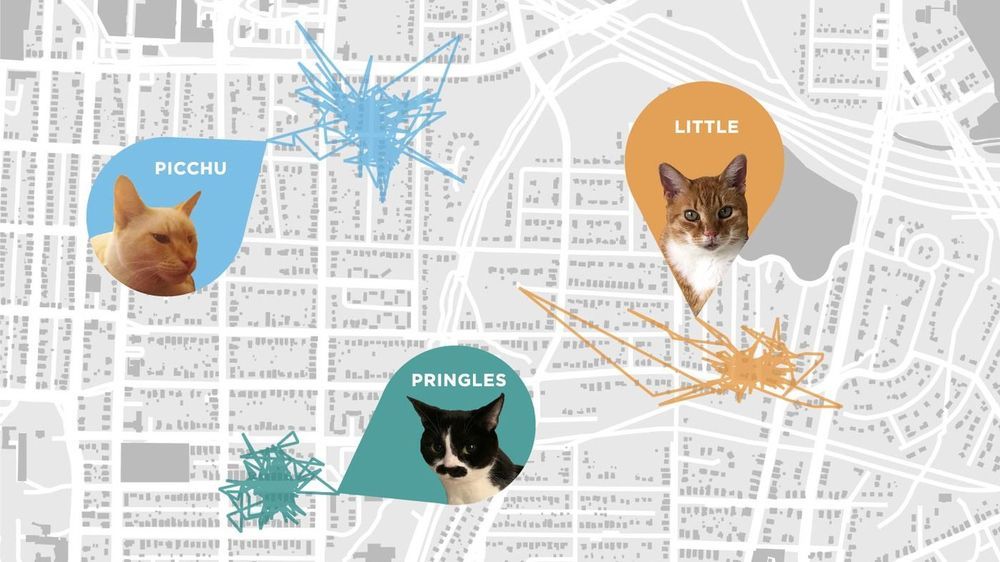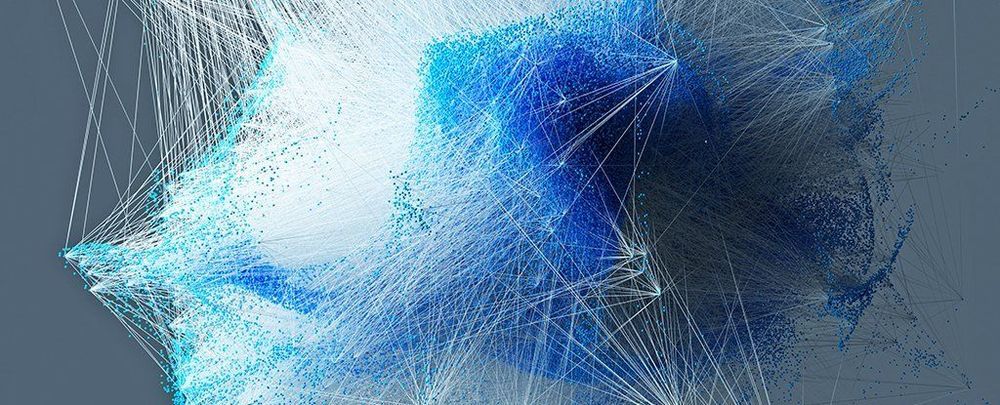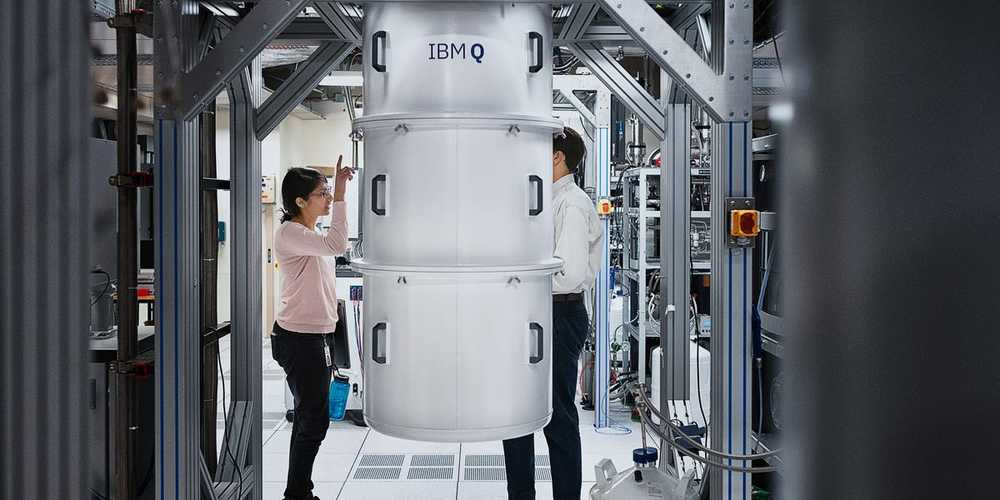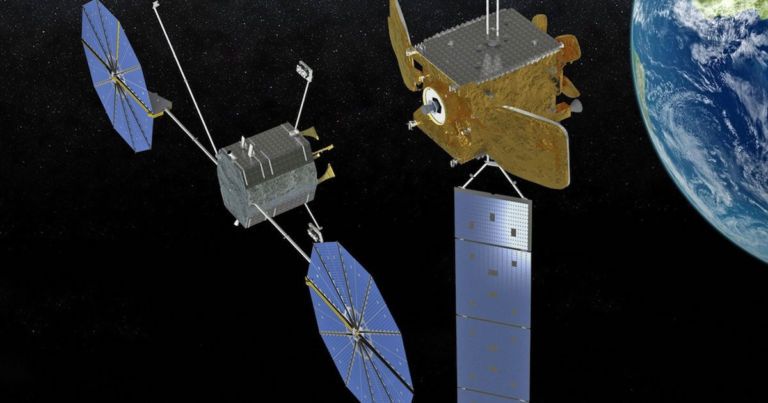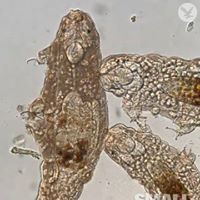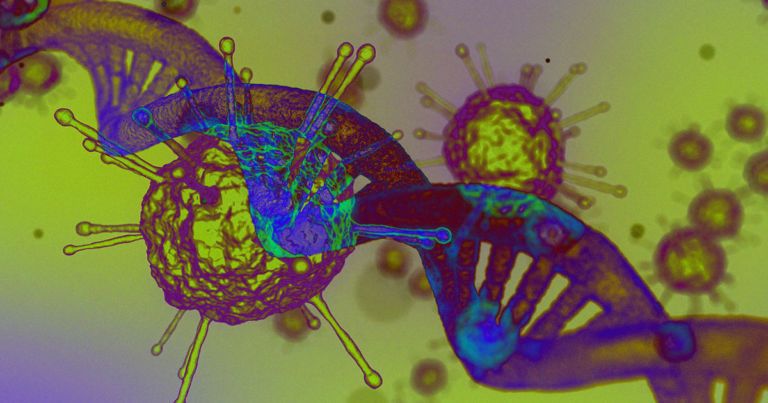
Just like a virus hijacks your cells and forces them to churn out more copies of the virus, this vaccine is expected to automate the production of those particles, which B-cells and T-cells — the biological hunter-seekers of the immune system — can use to ready themselves to fight the real-deal coronavirus.
The main difference between this sort of DNA-based vaccine and a traditional one, Slavcev told Futurism, is that it relies on the person’s cells to create the mock virus instead of merely exposing them to an inert version of the real virus.
“Personal genetics only has to do with how the vaccine is presented,” Slavcev told Futurism, regarding the decision to develop a DNA-based vaccine. “There is some variation between individuals and populations, but in this case the DNA is just to improve immune response and make it mimic a viral infection as closely as possible to stimulate the most effective immune response.”
